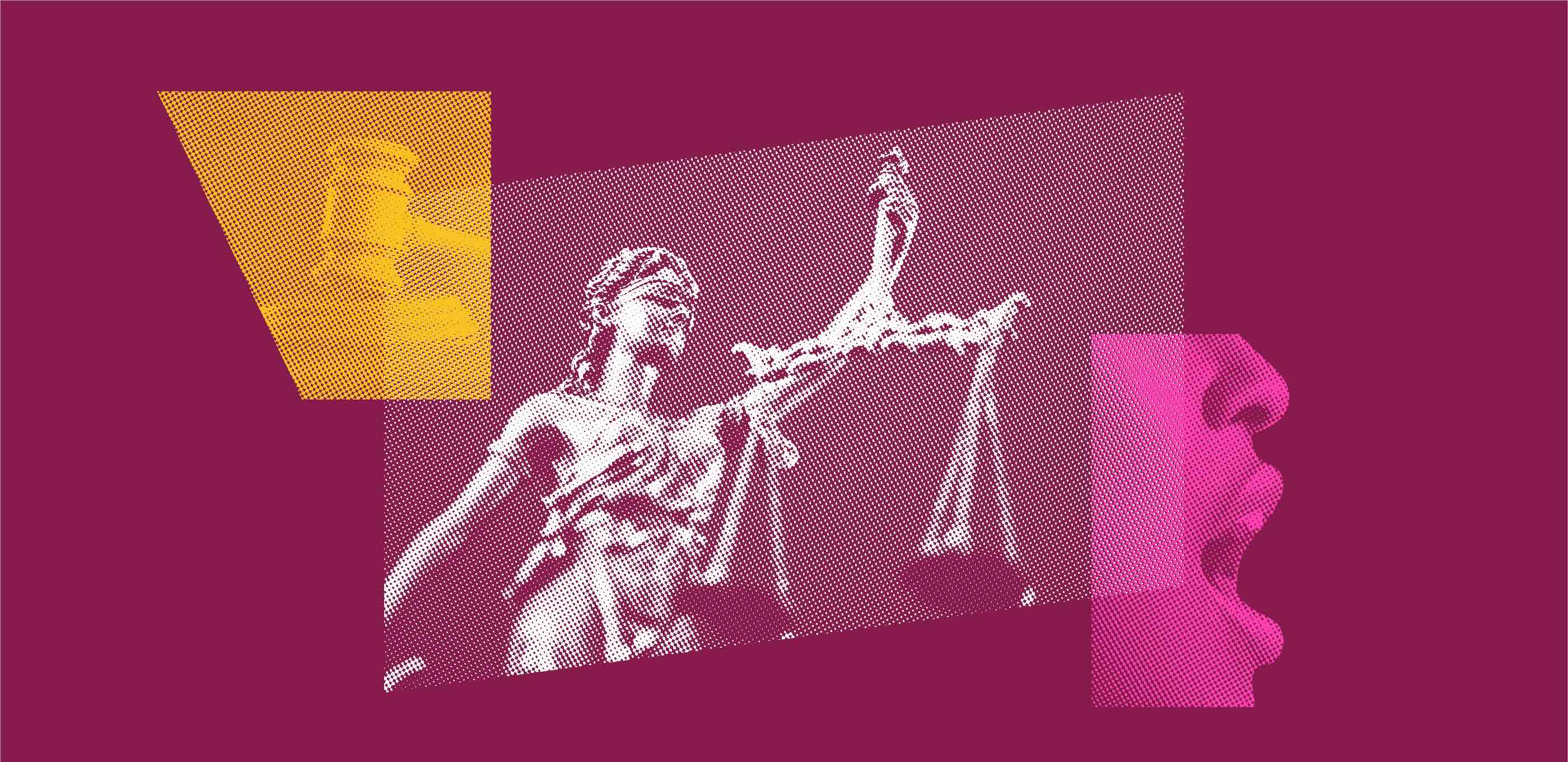
ACLU v. Gonzales - Challenge to Child Online Protection Act
What's at Stake
In a clear victory for free speech, the Supreme Court has announced that it will not hear the government's appeal of a ban on the Child Online Protection Act (COPA), the federal law that would criminalize constitutionally protected speech on the Internet.
Summary
Lower courts have rejected the law as unconstitutional and it has not gone into effect in the 10 years since it was passed. In 2004, the Supreme Court upheld an injunction against the law on the grounds that it violated the First Amendment. The ACLU first challenged COPA on behalf of a broad coalition of writers, artists and health educators who use the Internet to communicate constitutionally protected speech.
Ten Years of Defending Free Speech Online
1996 - Congress first attempted to censor the Internet
The ACLU's fight against Internet censorship stretches back a decade. Congress first attempted to censor the Internet in 1996, when it passed the Communications Decency Act. The law criminalized "indecent" speech online. The ACLU sued, arguing that the law abridged the First Amendment. All nine Supreme Court justices agreed and struck down the law. For the first time, in ACLU v. Reno, the Supreme Court recognized that online speech deserves full First Amendment protection.
1998 - Congress passed the Child Online Protection Act (COPA)
In reaction to the Supreme Court's decision, Congress passed the Child Online Protection Act (COPA), a federal law that imposes severe criminal and civil penalties on people who put material the government deems "harmful to minors" on the Web. COPA was obsolete from its inception because Congress, in its haste to regulate the emerging medium, failed to predict that new technologies would render the law meaningless. The ACLU sued the day that COPA came into force and the district court quickly halted enforcement of the censorship law. It held that the ACLU was likely to succeed in proving the law unconstitutional.
2000 - The Children's Internet Protect Act (CIPA) was signed into law
Introduced in Congress in 1999, the Children's Internet Protection Act (CIPA) was signed into law in 2000. The ACLU and the American Library Association filed a lawsuit, Multnomah County Public Library et al. v. Ashcroft, seeking to get the law enjoined because it violates the Constitution to require libraries to use filters on public computers. In a nuanced ruling, in 2003, the Supreme Court upheld the law, but modified it so that if a patron asks, the library must remove the filter.
2004 - The Supreme Court upheld the district court's decision in COPA
The Supreme Court upheld the district court's decision to stop the enforcement of COPA. Because the Internet had changed dramatically in the five years since the district court gathered factual evidence, the Justices returned the case to the district court for a full trial on whether there are effective ways to keep children safe online that burden speech less than COPA's criminal penalties.
2007 - A federal court again upheld challenge to COPA
Judge Lowell A. Reed Jr. of the U.S. District Court for the Eastern District of ruled in favor of the ACLU’s longstanding challenge to COPA. Previously, a federal district court in Philadelphia and a federal appeals court found the online censorship law unconstitutional, and the Supreme Court upheld the ban on enforcement of the law in June 2004. The Justices, however, also asked the Philadelphia court to determine whether there had been any changes in technology that would affect the constitutionality of the statute.
Legal Documents
-
02/01/1999
Preliminary Injunction Against COPA in ACLU v. Reno II
Date Filed: 02/01/1999
Download Document